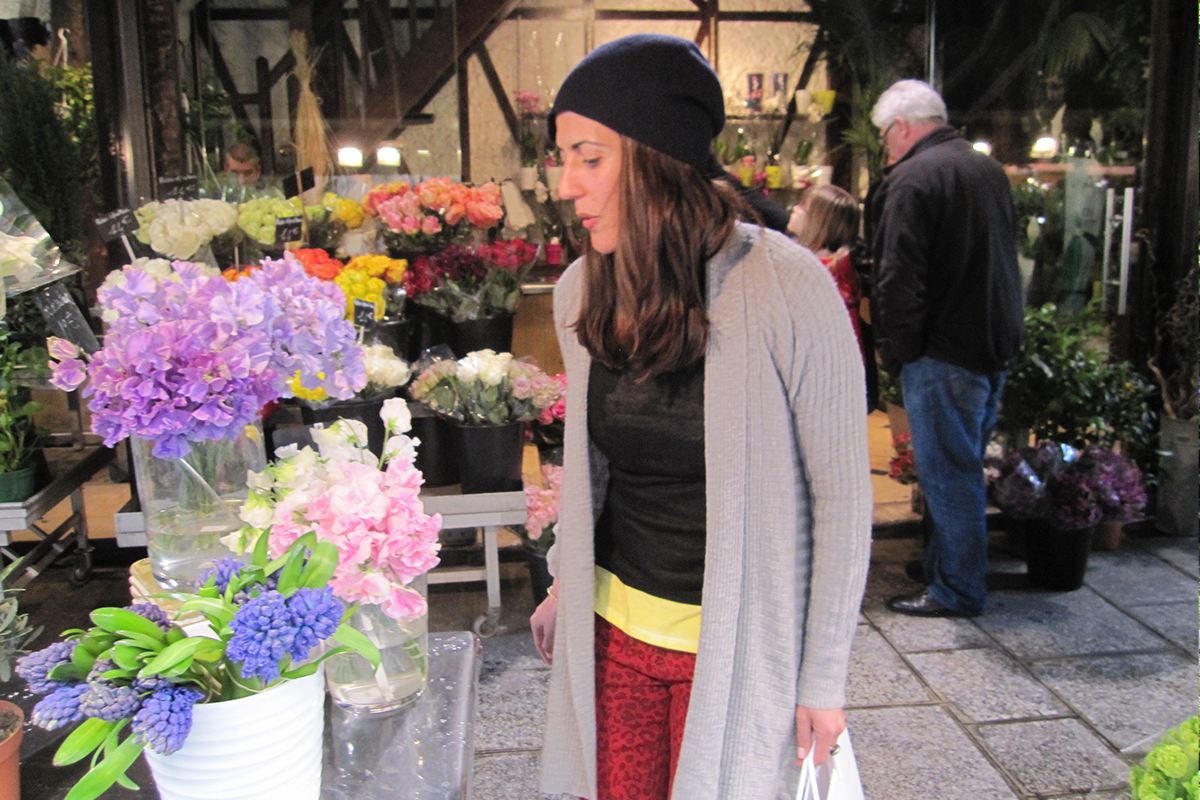It’s all about the prana, the breath.
Really, which teacher and practice will get you more breath for your buck? It sounds silly, but it’s true. We all practice yoga with different intentions. Anxiety, stress, fear, lack of confidence and health are just some of the reasons to be in a class where you learn to breathe. The breath has a value that is as important as the pose. Breathing is our life force; it sustains us and keeps us alive.
Ask yourself, how much breath can I get out of a yoga practice? Do I inhale more than I exhale? And, at times, might I even be holding my breath in poses? It sounds so simple but learning to breathe takes practice — freeing the flow of oxygen to your brain and nourishing your cells — as you expand your lungs.
When I started practicing yoga, I wasn’t aware of the importance of breath work. Only after I learned the asana posture was I ready to add breath into my practice. Pranayama and meditation came afterwards. I discovered that once you learn to breathe, it opens up all types of opportunity. You will be able to dive 70 feet down, take a plane ride without anxiety and relax better, thus avoiding unnecessary arguments.
Breathing is such a vital part of the practice. John Friend, the founder of Anusara Yoga, used to say the breath is your lover… let it be a dance between the two of you. In Kundalini Yoga, we practice kriyas, where we add breath to the action. It’s a more vigorous way of practicing. But, ultimately, the most important part is the teacher who is guiding the mastery of breath work. Who is holding the space for you? Who can you let go with and be yourself with the most? Who can you really trust?
You might find the ideal teacher at a local yoga studio or a nearby gym. My first yoga experience was located between school, work and a new personal relationship. My goal was to move forward in a new life direction. I wanted a strong practice that would boost my confidence. Indeed, it’s no accident that we speak of “rising to the challenge.” According to Agapi Stassinopoulos, author of Unbinding the Heart, when we face fear, we transcend our limits. When I chose my classes, I wanted to be challenged intellectually, spiritually, physically… and emotionally. I chose the hardest trainings and the most demanding teachers who practiced what they preached.
I was fortunate to live in New York City. I began practicing at the Iyengar School, and I learned the foundations of yoga. We would spend what felt like hours breathing rhythmically into only one pose! While practicing here, I started to experience life from a different perspective. Every day after class, I would walk through the city and embrace my day in an organized, more confident and fearless way.
The teachers at the school dedicated their lives to the craft of yoga. And, like everyone who takes class after class, I began to look for the teachers who motivated me. I’m reminded of what another teacher and now good friend, Nevine Michaan, always said, “If you leave a class, go home and scream at everyone, maybe this is not the practice for you.” If you feel very ungrounded after class, it’s also a hint that this is the wrong practice for you.
With every great experience there were times that affected me in not-so-positive ways. I remember studying Sanskrit with one particular teacher who was very knowledgeable but did not have enough experience to be a teacher. It was frustrating. Another teacher once humiliated a student publicly. It was such a painful moment. The Talmud says in Tractate Bava Mitzia that when one humiliates another, it’s as if they killed him (or her). That day I saw how the student sucked in her breath and shriveled in front of me, and it completely broke my heart. After this experience, I promised myself that I would makes better decisions about who to study with, regardless of their credentials or fame.
After 21 years of practice, I find myself grateful for all the positive and negative yoga experiences. I wanted to learn not just to excel in yoga, but to become a better human being with two feet on the ground. I enjoyed working with teachers who had family-values. Many of my long-time teachers like Nevine Michaan and Kofi Busia, one of the world’s foremost Iyengar teachers, stress family as an important role in life. These are the positive principles that I’ve always searched for in gurus.
So, the next time you leave a yoga class, take note of your feelings — yes, and definitely notice your breath — as this will help determine whether you should continue studying with this teacher. Do you feel more grounded, happier and lighter than when you first walked through the door? Does the teacher make himself or herself available during the class? Can you take the information learned in class and use it off of the mat? Are you inspired?
You’ll eventually find a kind and generous, honest and mature teacher who can push you to become a better human being. And be open to change and redirection. Remember, tomorrow you will be a different person than you are today. And if you’re in a yoga class with the right teacher, you are going to open up slowly, like the most beautiful lotus flower. Now, breathe…
With love and blessings,
Osi
For more by Osi Mizrahi, click here.
For more on emotional wellness, click here.
This article was originally posted on Huffington Post. To read it there, please follow this link.















